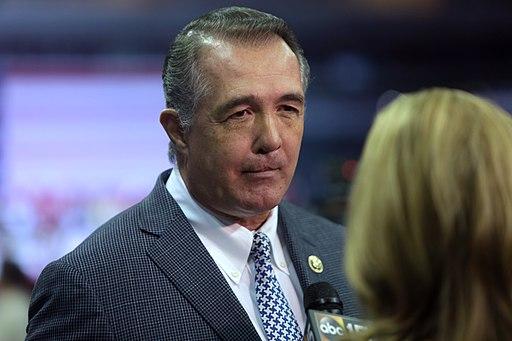U.S. Federal
The U.S. has few federal policies specifically addressing human genetic or assisted reproductive technologies. One exception is the 2008 Genetic Information Nondiscrimination Act (GINA), which prohibits the use of individuals’ genetic information in employment and health insurance. Another is the 1992 law requiring that fertility clinics provide standardized reports of success rates to the Centers for Disease Control.
Unlike scores of other countries with advanced biotech sectors, the U.S. has no federal laws regulating human reproductive cloning or heritable genome editing. However, the Food and Drug Administration (FDA) has asserted authority over these practices; the National Institutes of Health (NIH) makes decisions about research funding; and Congress has exerted some control over clinical applications of research involving human embryos through budget riders.
The United States fertility market is growing very rapidly, and is projected to reach $15.4 billion in 2023, more than double...
Aggregated News










